Explore Past Projects
Bertha Challenge 2020
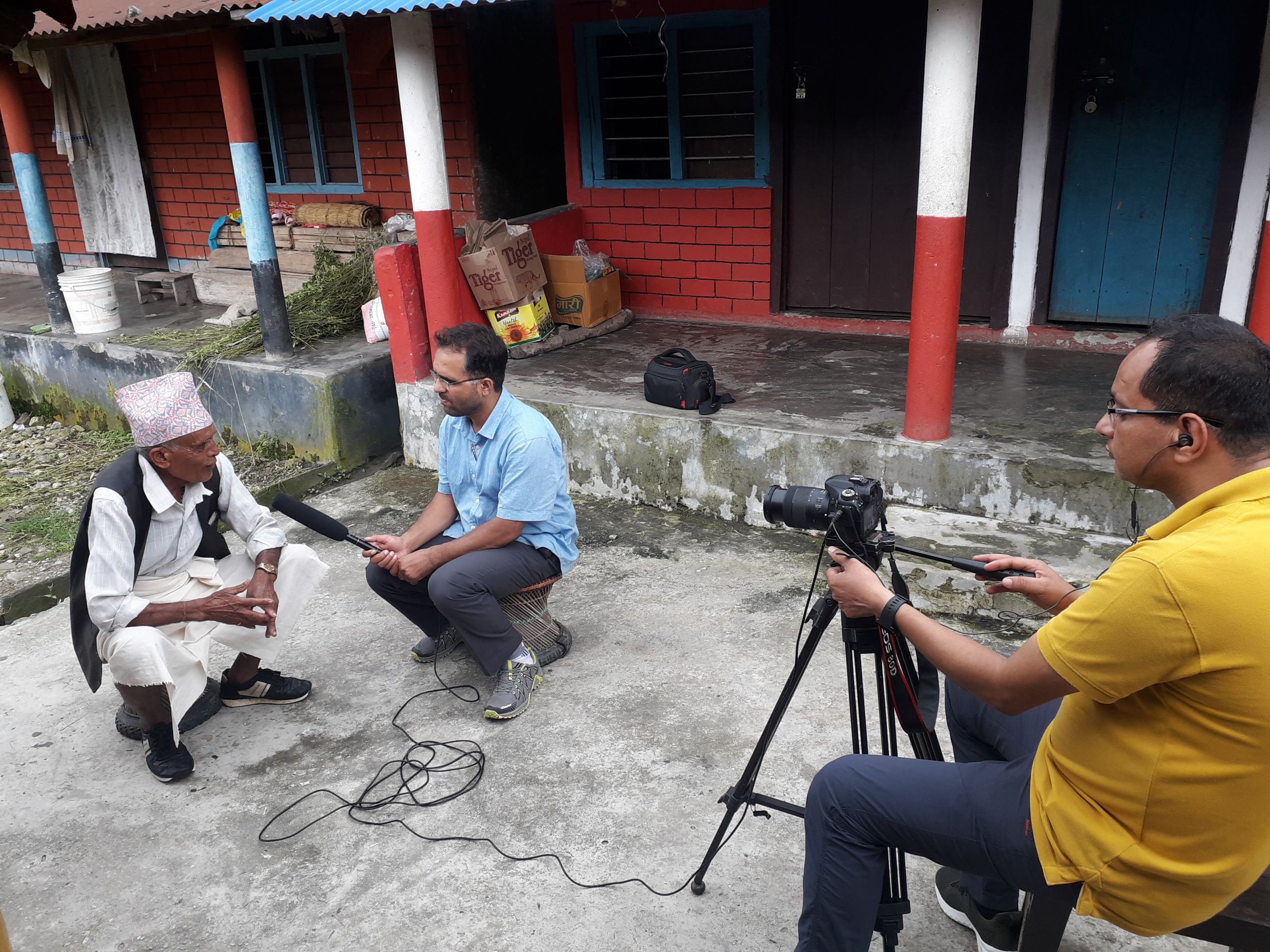
Yaşar Adnan Adanali
Location: Turkey
Host Organization: Center for Spacial Justice
Yaşar is an Istanbul-based urbanist, activist and researcher. He is one of the Co-founders and the Director of the Center for Spatial Justice, a non-profit working towards fairer, more democratic, ecological urban and rural spaces. Since 2010, he has been teaching participatory planning and co-housing courses at Darmstadt Technical University (Germany) as a visiting lecturer. Yaşar is a voluntary consultant for Düzce Hope Homes, the first participatory social housing project in Turkey and one of the World Habitat Awards 2017 finalists.
Through his Bertha Challenge project, Yaşar published the Hope Archive – an interactive digital map that uses video and text to document stories of housing and land justice struggles. The archive aims to showcase alternative solutions to the housing crisis from around the world.
Alongside the archive, Yaşar took advantage of the Bertha Challenge Fellowship network to produce a journal on land and housing activism. The August 2020 edition of beyond.Istanbul, guest edited by Yaşar, included contributions from four other Bertha Challenge Activist Fellows and four Bertha Challenge Investigative Journalist Fellows.
Website: The Hope Archive
Journal: beyond.Istanbul, ‘Spatial justice and housing activism’, August 2020
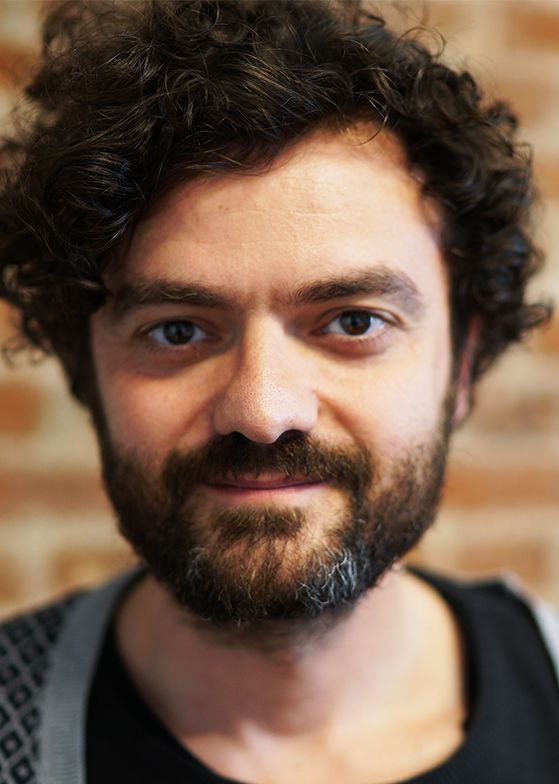
Leilani Farha
Location: Canada
Host Organization: Canada Without Poverty
Leilani joined the Bertha Challenge in her final year as UN Special Rapporteur on Adequate Housing, a global watchdog on housing. In the role since 2014, Leilani presented reports to the UN on homelessness, the commodification of housing and its consequences for people who are poor as well as the middle class. A lawyer by training, Leilani has worked to advance the rights of poor and marginalized groups throughout her career. She is the Executive Director of the NGO Canada Without Poverty and was instrumental in launching a historic constitutional challenge to government inaction in the face of rising homelessness in Canada.
Leilani used her Bertha Challenge Fellowship to launch a new initiative called The Shift – a global movement which calls for housing to be approached as a human right, not a commodity. As well as producing a strategy for the organization and building content for the website, Leilani also worked on a number of papers on housing provision for policy makers. At the outset of the Covid-19 pandemic, Leilani created a series of practical guidance notes and video introductions on prioritising the right to housing in government responses to the pandemic.
Website: https://www.make-the-shift.org/covid19/
Article: ‘Housing is Both a Prevention & Cure for COVID-19’ (May 2020)
Article: ‘How can billions of people ‘stay home’ to beat Covid-19 without a safe place to live?’ (April 2020)
Press release: ‘“Housing, the front line defence against the COVID-19 outbreak,” says UN expert’ (March 2020)
Article: ‘They allowed the perfect storm’: UN expert damns New Zealand’s housing crisis’, by Eleanor Ainge Roy (February 2020)
Article: ‘When governments sell out to developers, housing is no longer a human right’ (February 2020)
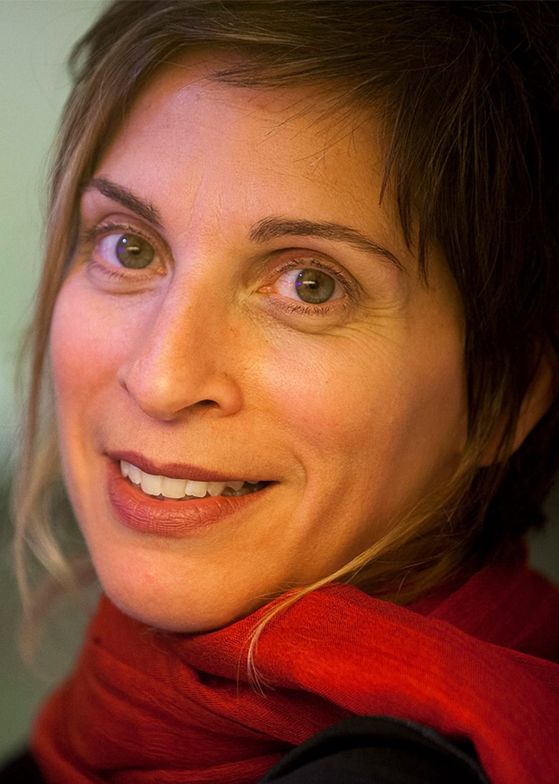
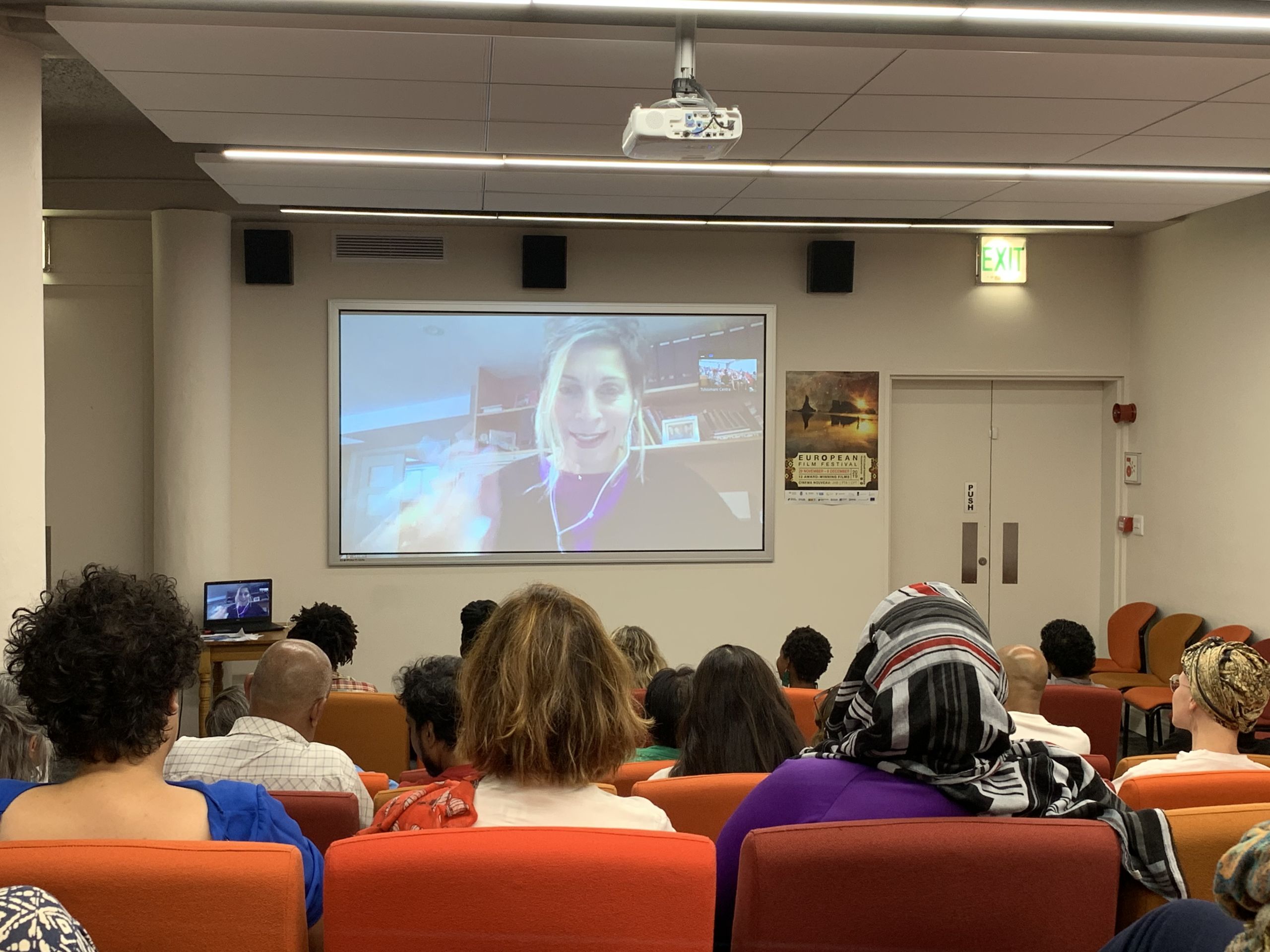
Glenda Girón
Location: El Salvador
Host Organization: La Prensa Gráfica
Glenda is a Salvadoran journalist specializing in public health, gender equity, environmental issues, education, migration, violence and citizen participation. She has been the editor of the Sunday magazine Séptimo Sentido and part of La Prensa Gráfica since 2009 and a distinguished member of the CONNECTAS Community.
During her Bertha Challenge Fellowship year, Glenda investigated the shocking, but underreported, link between large scale agricultural plantations in Central America, and epidemic levels of chronic kidney disease among farmers and their families who live and work around the plantations.
Glenda’s investigation took her into rural farmlands in El Salvador, Nicaragua, Guatemala, Honduras and Costa Rica. Chronic kidney disease is now the second most common cause of death among men in Nicaragua. Within the wider region, it is estimated to have caused over 20,000 premature deaths. Glenda has worked tirelessly to make these statistics public knowledge in the Central American countries affected.
Her investigation has been nominated for a 2020 Gabo Award.
Article: ‘Sonia’s little wooden room for dialysis’ (May 2020)
Article: ‘Living and dying between crops: Chronic Kidney Disease in Chichigalpa’ (March 2020)
Article: ‘A house, a job, a disease’ (February 2020)
Article: ‘Honduras: the neighbours of the South have damaged kidneys’ (January 2020)
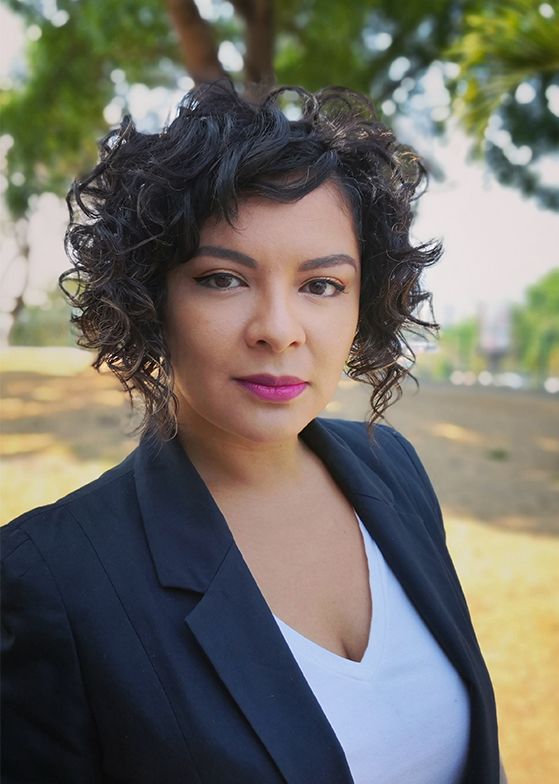
Nnaemeka Ikegwuonu
Location: Nigeria
Host Organization: The Smallholders Foundation
Nnaemeka is a farmer, community radio journalist and founder of The Smallholders Foundation, a rural development organization set up to inform, educate and improve the livelihood of rural small farmers, using educational radio programs. As a social entrepreneur and an outstanding communicator, Nnaemeka has received more than 30 local and international awards for his innovations that improve the yield and income of farmers.
Imo State, in south-east Nigeria, where Nnaemeka lives, contains the largest gas deposits identified to date in Africa. Gas exploration in the area has led to the forceful displacement of an estimated 25,000 smallholder farmers and their families across four communities.
During his Bertha Challenge Fellowship, Nnaemeka researched, wrote and produced a ten part radio drama series called When There Was No Land To Farm examining the relationship between oil and gas companies and the communities who live on the land that they extract from. The drama is set in Imo state, and aims to educate listeners about the exploitation of smallholder farmers to the detriment of the land and environment. Each episode was followed by a listener phone-in, where farmers could put questions about their rights to in-studio legal experts. The series was broadcast across 4 radio stations to 2 million listeners in Nigeria. It was also made available to international audiences through a dedicated website which contains the scripts and photos documenting the recording process.
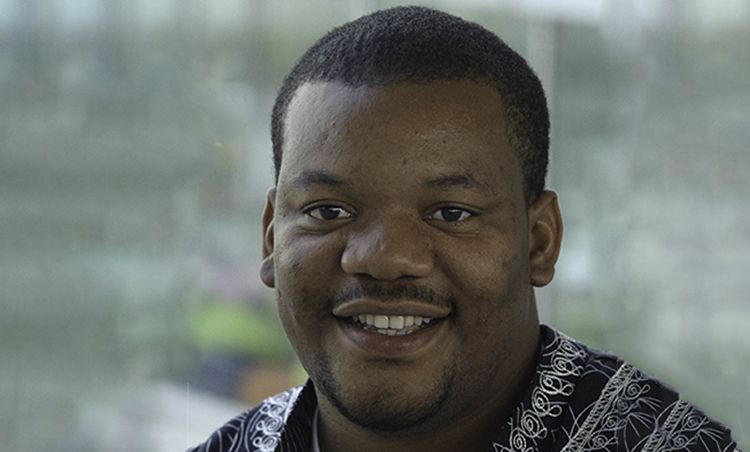
Dr. Monica Magoke-Mhoja
Location: Tanzania
Host Organization: Landesa Rural Development Institute
Dr. Monica Magoke-Mhoja is the Country Program Director of Landesa Tanzania, which works to secure land rights for the poorest men and women, especially in rural areas. She has more than 25 years of experience leading women’s and children’s rights programs. She is the first chairperson of Women in Law and Development in Africa –Tanzania, Founder of the Children’s Dignity Forum and, in 2007, initiated Tanzania’s first national forum to end child marriage. She is also the founder of the Women’s Legal Aid Center (WLAC) and a 2003 recipient of the American Bar Association’s International Human Rights Award for significant contribution to human rights, rule of law and access to justice.
In Tanzania, despite having some of the most progressive legislation in the region, only 16% of land is owned by women. Dr. Monica Mhoja’s Bertha Challenge project addressed the cultural and social barriers that prevent women, particularly those in rural areas, from owning land. She applied for a Bertha Challenge Fellowship to pilot an original module – ‘Mwanamke na Ardhi’ (Women and Land) – for an app called ‘Law on Your Palm’ that provides women living in remote areas with legal advice about their land rights.
During her Fellowship year, Monica trained 35 paralegals to use the app module. This training gave paralegals the ability to provide legal advice to more than 300 women, and record obstacles that women faced to rightful land ownership. The data was used to lobby policymakers to address challenges in Tanzanian law and practice around land use in the country.
When the Covid-19 pandemic hit Tanzania, Monica realized the potential of the app as a communication tool. At a time of confusion and anxiety, Monica and her colleagues were able to quickly adapt the app to send key health messages to rural communities. Monica also produced radio jingles to air on community radio stations to raise awareness about Covid-19, particularly its impact on women.
Following her Bertha Challenge Fellowship, Monica continues to expand the project’s outreach to other parts of Tanzania.
Video: ‘The Fate of Women’s Land Rights in Tanzania: Impact case study part one’
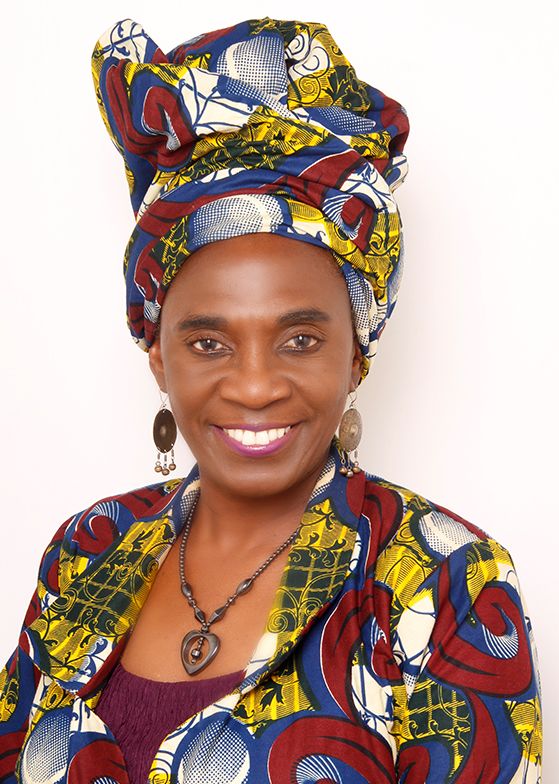
Maeve McClenaghan
Location: United Kingdom
Host Organization: Bureau of Investigative Journalism (TBIJ)
Maeve is an award-winning investigative journalist and founder of the critically-acclaimed podcast The Tip Off. As a journalist at The Bureau of Investigative Journalism, Maeve has led nationwide, collaborative investigations on issues including cuts to domestic violence refugees and politicians’ use of Facebook “dark ads”. Her year-long project counting homeless deaths prompted widespread debate, influenced national and local policy and caused the Office for National Statistics to start counting when and how people are dying homeless in the UK. Her book No Fixed Abode was published in September 2020.
Maeve’s Bertha Challenge project investigated parts of the UK housing market, unaffordable rent costs and discrimination against housing benefit claimants. At the center of her Fellowship work was a call made to local media outlets to work with TBIJ to gather information from local councils on housing needs. As a much bigger network of journalists, they were able to make the stories locally relevant, while also bringing the traction of a nation-wide investigation. TBIJ shared the data and methodology for journalists to report on the specific statistics in their area, and to solicit responses from local councils.
Maeve found that, of 62,000 available properties, only 6% would be affordable to someone receiving housing benefits. A further 90% of these ‘affordable’ properties had landlords who would not consider renting to someone receiving housing benefits. Despite this, a shortage in social housing stock has led local councils to increasingly rely on homeless people finding properties on the private market. The investigation was nominated for a Sigma Award for data journalism, and an Amnesty UK Digital Innovation Award.
Maeve exposed how councils rely on the advice of doctors employed by a single private company who make decisions about an individual’s entitlement to housing support. She found that councils have paid at least £2 million for medical assessments made by doctors who didn’t even bother to meet or talk to the individuals that they reported on. The investigation led at least one local council to change their assessment process, and a medical charity to launch a campaign against the outsourcing of medical assessments.
Article: ‘Locked Out: Why the housing benefit rise won’t make much difference’ (January 2020)
Article: ‘Islington to drop NowMedical over homelessness assessment fears’ (January 2020)
Article: ‘How a doctor who has never seen you can say you’re fit enough to sleep on the streets’ (December 2019)
Article: ‘Locked Out: Stories from across the UK expose holes in the housing safety net’ (November 2019)
Online tool: ‘Locked Out: Check if there’s enough affordable housing in your area’ (October 2019)
Article: ‘Locked Out: How Britain keeps people homeless’ (October 2019)
Article: ‘Locked Out: New homelessness law brings delays, denials and dead ends’ (October 2019)
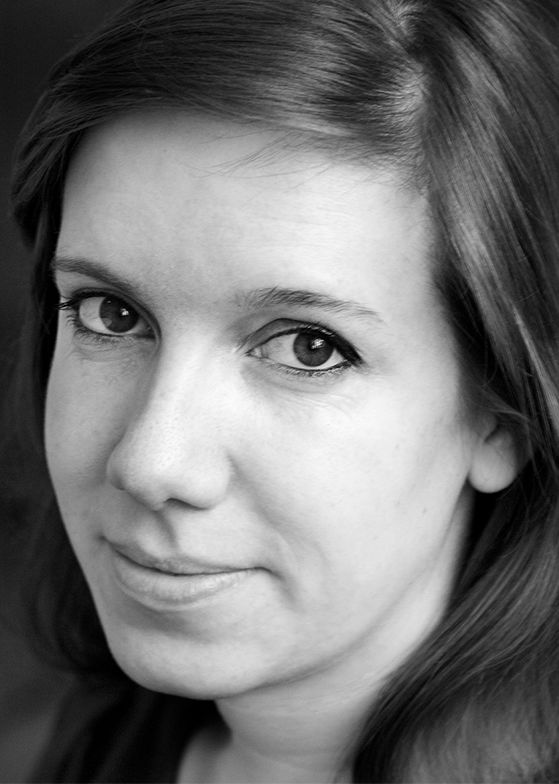
Protus Onyango
Location: Kenya
Host Organization: Standard Media Group
Protus is a Kenyan journalist based in Nairobi with experience writing on politics, development, health, education, agriculture and environment with a specific interest in climate change. He is a green economy champion and his stories on socio-economic topics like land, water and housing have necessitated policy reviews. In 2013, Protus won an award by the Forum for African Investigative Reporters and the US based Oakland Institute to do an investigative story on land grabs in Africa. He was subsequently awarded the 2018 Journalist Grant from the Stockholm International Water Institute to attend World Water Week in Stockholm.
Protus applied for a Bertha Challenge Fellowship to investigate land grabbing in Kenya. In a country where the majority of people don’t have title deeds, many have been left vulnerable to exploitation by developers. Protus investigated the bankers, politicians and business people with political and social influence who collude with the land registry office for personal financial gain. He also drew attention to cases of smallholder and community evictions for government and private sector projects.
Kenya’s coastal regions are some of the country’s most exploited. Multinational companies have been allowed to buy up land at massively reduced and unrealistic prices, sometimes illegally. Protus investigated how members of the Digo community in Msambweni, Kwale County, have fought for land that had been claimed by a large sugar factory. He also wrote about community land that had been lost to Mombasa airport. Both stories related to cases that had been in court for ten or more years, but since publication have been resolved in favor of the affected communities
One of the themes that emerged from Protus’ stories was the disconnect between communities at risk of displacement and the politicians making planning and development decisions. He decided to use his Bertha Challenge Connect Fund to organize a training workshop for 10 local journalists, with the aim of strengthening the capacity of local journalists to amplify stories from their communities. He invited two other African-based Fellows, Dr. Monica Magoke-Mhoja, from Tanzania, and Nigerian radio journalist Nnaemeka Ikegwuonu, to share their experiences of working with and advocating for the needs of rural communities.
Article: ‘20,000 schools yet to get titles despite order’ (September 2020)
Video: ‘Kakamega Forest (land controversy)’
Article: ‘Deaths, crime, unemployment in the slums of Nairobi during Covid-19’ (May 2020)
Article: ‘Counties, grabbers scramble for Lake Basin Authority land’ (March 2020)
Article: ‘Denied titles for 35 years, villagers in dilemma as second eviction looms’ (October 2019)
Article: ‘Villagers in bitter fight with sugar firm over prime land’ (October 2019)
Article: ‘EACC recovers Sh2b in stolen public property’ (September 2019)
Article: ‘City land owners hit by road project yet to be paid Sh7b’ (September 2019)
Article: ‘Squatters cry foul over historical land injustice’ (August 2019)
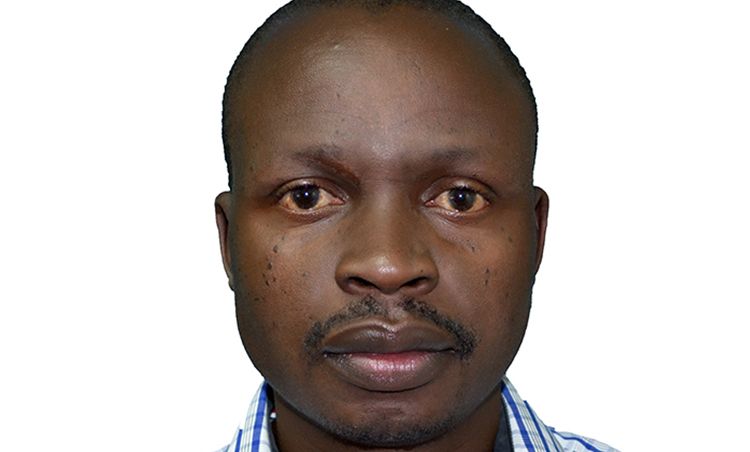
Rudra Pangeni
Location: Nepal
Host Organization: The Centre for Investigative Journalism, Nepal
An investigative and data journalist from Nepal, Rudra has worked for The Himalayan Times and Republica, the leading English dailies in the country. His journalism focuses on political economy, infrastructure, foreign investments, the private sector and parliamentary affairs. He regularly writes investigative reports for The Centre for Investigative Journalism, Nepal. During his Fellowship, Rudra conducted a series of investigations into how collusion between real estate developers, senior bank officials, and politicians have defrauded hundreds of families of their savings, pushing people into homelessness. He interviewed people affected by both rural landlessness and urban housing shortages, and published financial investigations that linked these experiences to corruption and failed government policy.
Rudra demonstrated the extent to which residential buildings are being illegally rented as office space, schools, and hospitals, including by government departments. As well as contributing to increasingly unaffordable rent in Kathmandu, this has led to buildings being dangerously overloaded and at particular risk from collapse during earthquakes.
One of his most widely read investigations revealed how both bank executives and politicians had benefited from a failed property investment scheme which had sunk the savings of hundreds of cooperative members over a ten year period. His story received widespread media attention and sparked political debate about housing development regulations.
Article: ‘Castles in the air’ (May 2020)
Article: ‘Help the farmers or brace for massive protests’ (May 2020)
Video: ‘How banks enabled Nepal’s biggest fraud and ruined people’s lives’ (March 2020)
Article: ‘How banks enabled Nepal’s biggest fraud and ruined people’s lives’ (March 2020)
Video: ‘Nowhere to live’ (January 2020)
Article: ‘Misuse of residential buildings raises safety concerns’ (January 2020)
Video: ‘Losing the land’ (October 2019)
Article: ‘How cooperatives made billions embezzling collateral land’ (October 2019)
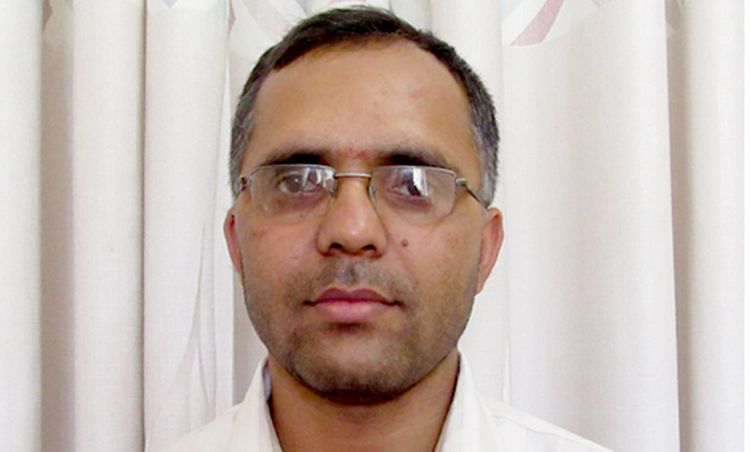
Zsuzsanna Pósfai
Location: Hungary
Host Organization: Periferia Policy and Research Center
Zsuzsanna is an organizer and politically engaged researcher from Budapest, Hungary. She has been working on issues related to housing for more than ten years, with a focus on understanding how the financialization of housing plays out in Eastern European countries and Hungary in particular. Zsuzsanna views current housing policy as one of the key vehicles for increasing economic injustice in Hungary and is keen to find ways to stand up against this in spite of an essentially hostile political and institutional environment.
Zsuzsana’s Bertha Challenge project aimed to bridge the gap between academic research into the financialization of housing and activism on household debt. She organized an international workshop with participation from other engaged researchers and civil society organizations from eastern and southern Europe to share experiences from across the region. The discussions were documented in a research report, ‘Household debt on the peripheries of Europe: New constellations since 2008’.
Zsuzsanna subsequently organized with housing activist groups in Hungary and lawyers providing free advice on housing-related issues to instigate a collaborative research project, building on the outcomes from the international workshop.
Research report: ‘Household debt on the peripheries of Europe: New constellations since 2008’ (June 2020)
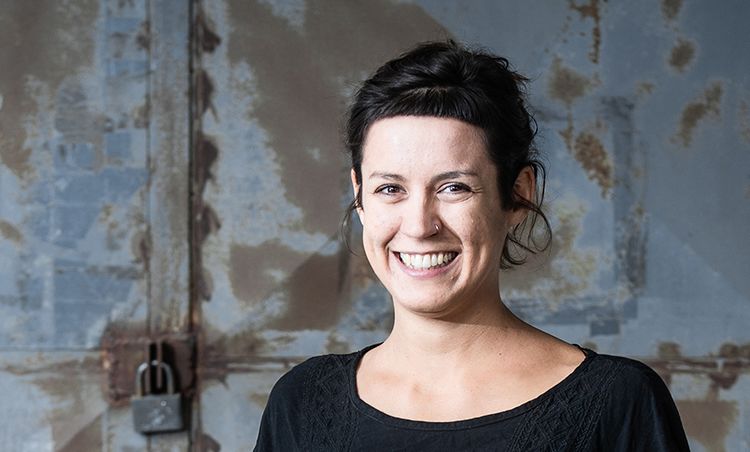
Omar Radi
Location: Morocco
Host Organization: Forum des Alternatives Maroc (FMAS)
On 19 July, 2021, Omar Radi was sentenced to six years in prison on trumped-up espionage and sexual assault charges. The sentence came almost exactly a year after Omar was first arrested, the entire duration of which he spent in solitary confinement in Oukacha prison, Casablanca. Omar is one of a number of Moroccan journalists who have been publicly critical of the government, and subsequently been charged with sexual assault crimes.
Omar was a Bertha Challenge fellow when the Moroccan government started their relentless campaign of harassment and discreditation. His Fellowship work – investigating state sanctioned land expropriation – led him to be pursued by a government that pays scant regard to press freedom and the rule of law.
Omar studied economics and started his journalism career at a local radio station focusing on economic and financial issues. He then joined Le Journal Hebdomadaire, a weekly magazine critical of the Moroccan establishment. The publication was shut down by the Moroccan authorities after a series of trials. During the Arab Spring, Omar launched the French-speaking edition of Lakome.com, a news website that became a symbol for the movement, and was a member of Mamfakinch, a collective website focused on social movements, activism and injustice. In 2013, he was awarded first prize by the International Media Support – Association of Moroccan Investigative Journalists for a long-form series of articles about sand quarry exploitation in Morocco and the effect this had on smaller land owners. For his Fellowship, Omar investigated the use of state-sanctioned land expropriation. He organized workshops in 3 regions in Morocco, with communities who have been dispossessed of their land. This included communities who have been pressured to give away land for little compensation, only to see it re-sold to developers at 600 times the price. Omar’s investigation led him to links between Morocco’s royal family and the expropriation of community-held land for luxury development projects.
Throughout his Fellowship year, Omar was subjected to various forms of intimidation, including relentless surveillance, from the security services. On 26 December, 2019, he was given a fine and four-month suspended sentence for criticising a judge in a tweet more than six months earlier. In June 2020, Omar spoke publicly about an Amnesty International investigation that found his phone had been targeted by NSO spyware, Pegasus – the same spyware used to track and ultimately assassinate journalist Jamal Khashoggi in the Saudi consulate in Istanbul, Turkey. Between 26 June and 29 July, 2020, Omar was summoned for interrogation 12 times, with each session lasting 6-9 hours. He was ultimately jailed on 29 July on charges of espionage and rape – both of which he denies. His trial has been criticised by human rights groups in Morocco and abroad for serious failings in the proceedings, including Omar’s legal team being prevented from calling key witnesses and being denied access to evidence presented.
Omar continues to vehemently deny the charges that he has been convicted of.
Statement: Bertha Foundation Statement of Support for Omar Radi (July 2021)
Clooney Foundation report on Omar’s trial: ‘Moroccan Journalist Convicted After Court Excludes Evidence’ (July 2021)
Committee to Protect Journalists article: ‘Morocco’s Nec Tactic to Punish Journalists: Charge Them with Sex Crimes’ (March 2021)
Human Rights Watch article: ‘Morocco: Espionage Case Against Outspoken Journalist’ (September 2020)
Podcast: Podcast created by Bertha Challenge Fellow, Maeve McClenaghan: ‘The Tip Off, episode 47: Omar’ (September 2020)
Letter: Letter from Bertha Challenge Fellows and staff in support of Omar Radi (July 2020)
Amnesty International report: ‘NSO Group spyware used against Moroccan journalist days after company pledged to respect human rights’ (June 2020)
Interview with Democracy Now!: “They Have No Evidence”: Moroccan Journalist Omar Radi Jailed, Surveilled After Criticizing Gov’t’ (August 2020)
Interview with Democracy Now!: ‘Meet Omar Radi’ (February 2020)
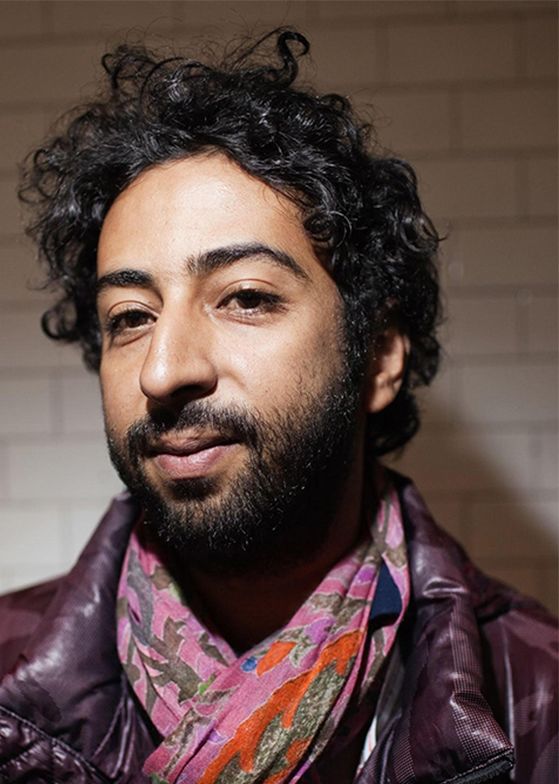
Jared Rossouw
Location: South Africa
Host Organization: Ndifuna Ukwazi
Before taking up his Fellowship, Jared was Co-Director at Ndifuna Ukwazi, an activist organization in Cape Town bringing together attorneys, organizers and researchers in campaigns to counter the powerful interests and policies that replicate spatial apartheid and inequality. He was a founder of Reclaim The City, a social movement of poor and working class people in the inner city who are resisting evictions, stopping the collusion and sale of public land to private companies and securing affordable housing in well-located areas. He has worked towards securing the first commitment since the end of apartheid to build social housing in the heart of the city, an end to relocation camps for evictees and inclusionary housing in private developments. He helped to occupy a derelict public hospital in the inner city that now supports 800 occupiers unable to afford housing in the area.
Jared began his Fellowship investigating effective activist tactics to influence housing policy on a local government level. Within the first few months he had organized a zombie march with over 200 other activists and residents calling for an end to the apartheid-like housing policies being implemented by the city government.
As the year progressed, Jared realized that the scope of his project would need to be expanded in order to effect change – to look not just at housing policy but at electoral politics in the city as a whole. He shifted his project focus to consider ways of making democractic decision making more accessible to communities affected.
Jared brought together a diverse group of activists and community leaders interested in supporting independent candidates for city council seats in Cape Town’s 2021 municipal elections. He used these discussions as the basis for a popular education handbook and accompanying website and online toolkit to share learning with other communities seeking to reclaim democratic power.
Website: https://incommon.org.za/
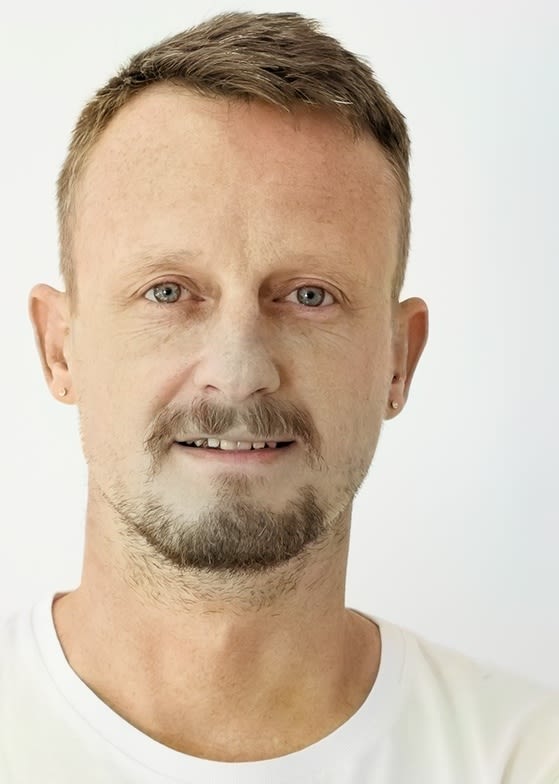
Elfie Seymour
Location: Northern Ireland
Host Organization: Participation and The Practice of Rights Program (PPR)
Elfie is a human rights activist and grassroots community organizer from Belfast. She has organized with various campaigns in Britain, Ireland and Greece, for migrant and refugee rights, environmental justice and access to affordable and safe housing. Elfie’s studies in social anthropology led her to Greece to specialize in the self organization of groups responding to the refugee emergency in Athens. Since 2017, Elfie has been lead organizer with ‘Equality Can’t Wait – #BuildHomesNow’ – a campaign led by homeless families in Belfast and supported by human rights organization, PPR.
During her Bertha Challenge Fellowship year, Elfie worked with people affected by poor housing, architects, urban planners and finance experts to develop a sustainable social housing alternative for a site in west Belfast known as ‘Mackies’. Elfie organized a series of events called ‘Take Back the City’ which facilitated an exchange of ideas, expertise and experience, and was used to inform the development of proposals for the site. Crucially, it also led to the formation of a cross-sectorial coalition of individuals with an interest in progressing sustainable social housing in Belfast.
Throughout the year, Elfie worked with activists at Build Homes Now to organize direct actions, communications with local policy makers, and media engagement to raise the profile of the site’s potential and of the need for housing more widely in Belfast. She partnered with investigative journalist Fellow, Rory Winters, who helped to raise the profile of their campaign while writing about the need for social housing in Belfast.
In the face of the Covid-19 pandemic, Elfie worked with colleagues at PPR to set up a campaign to support those most vulnerable, including people isolating in inadequate housing conditions.
Document: ‘Take Back the City’ seminar descriptions
Document: Take Back the City coalition vision for Mackies
Report: Take Back the City, Sustainability seminar
Report: Take Back the City, Finance and Ownership seminar
Report: Take Back the City, Architecture seminar
Report: Take Back the City, Planning seminar
Letter: Letter to the Minister for Communities on behalf of the Take Back the City coalition
Website: No one Left Behind
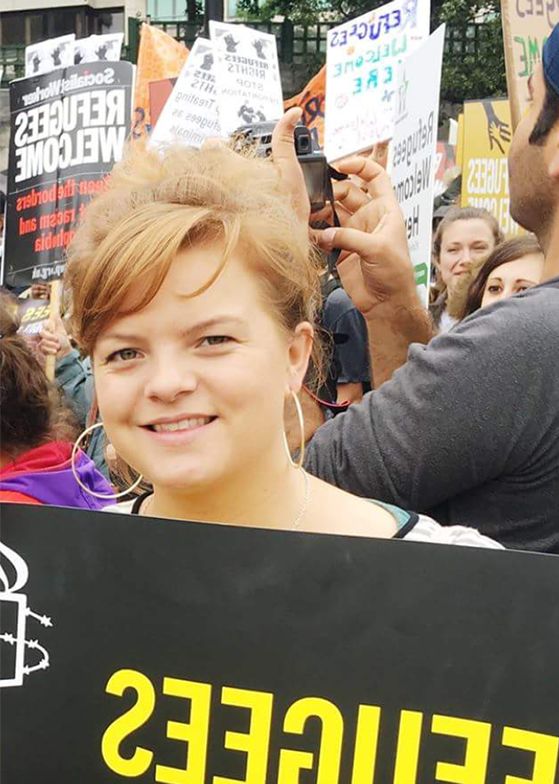
Sotiris Sideris
Location: Greece
Host Organization: AthensLive
Sotiris is co-founder of AthensLive, the first English-language non-profit news outlet in Greece, and producer of The Undocumented, a podcast which aims to combat hate speech by developing a new and creative counter-narrative. Since June 2018, he has worked at the NGO, Network for Children’s Rights, as the Coordinator and been Editor-in-Chief of Migratory Birds, the first newspaper in Greece written by and for refugee, migrant and Greek youth. Previously, Sotiris was a producer and researcher for the national TV documentary series 28 Europe. Sotiris is committed to applying innovative journalism practices to help new voices emerge in public discourse.
Sotiris used his Fellowship to investigate how global financialization has displaced communities in Athens, leaving families homeless. Following a period of intense austerity and with some of the highest unemployment levels in Europe, the economic instability of the banking sector has been used to justify rocketing rates of property seizures for auction in Athens. While the ‘golden visa’ scheme has made purchasing properties in Greece more attractive to foreign investors, increasing numbers of people in Greece have been left at risk of eviction.
Sotiris also explored how the refugee emergency in Greece is directly linked to the commodification of housing. He created several short films documenting the experiences of refugees living in Athens. His 30 minute documentary called ‘Unwanted Destination’ captured living conditions in a Greek refugee camp and urban accommodation under the UNHCR’s ESTIA program.
Video: ‘Unwanted destination’ (June 2020)
Article: ‘Covid-19 Is exposing inequalities of the past’ (May 2020)
Video: ‘Eric Maddox – In the absence of curiosity, fear and ignorance can fill in that space.’ (March 2020)
Article: ‘The rent is too damn high’ (January 2020)
Video: ‘“We are not just refugees, we are who we are. I mean real people.”’ (January 2020)
Video: ‘A sense of home’ (November 2019)
Video: ‘PAME anti-auction protests’ (October 2019)
Article: ‘Whose home is this? At least 55,625 properties under the hammer in real estate auctions — and counting’ (September 2019)
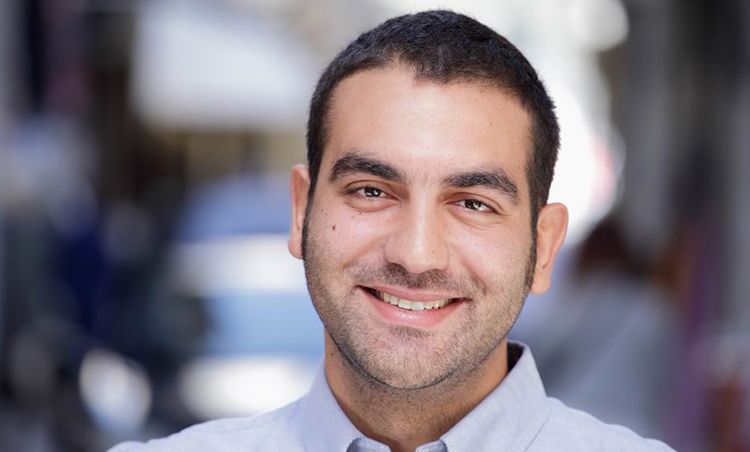
Charice Starr
Location: United States of America
Host Organization: Highlander Research and Education Center
Charice is a popular educator and abolitionist from Alabama and Tennessee. She proudly identifies as a Black & queer Appalachian (Afrolachian). Her life and work is centered on communities of color, workers, land stewards, educators and the incarcerated.
Between 2017 and 2020, Charice worked with the Highlander Center, a regional popular education and social justice training center. She directed two cohorts of an intergenerational fellowship and projects addressing current economic and racial inequity in Central Appalachia. Previously, she educated youth on food justice and land sovereignty, as well as organized towards power shifts in Knoxville to address the current housing crisis and development that harms cash-poor communities.
Charice’s educational work confronts the structural impact of capitalism and racism, including the historic role land ownership has played - and continues to play - in the entrenchment of structural racism in the American South.
During her Bertha Challenge Fellowship, Charice developed popular education tools to build networks, campaigns and power for land reclamation in the region.
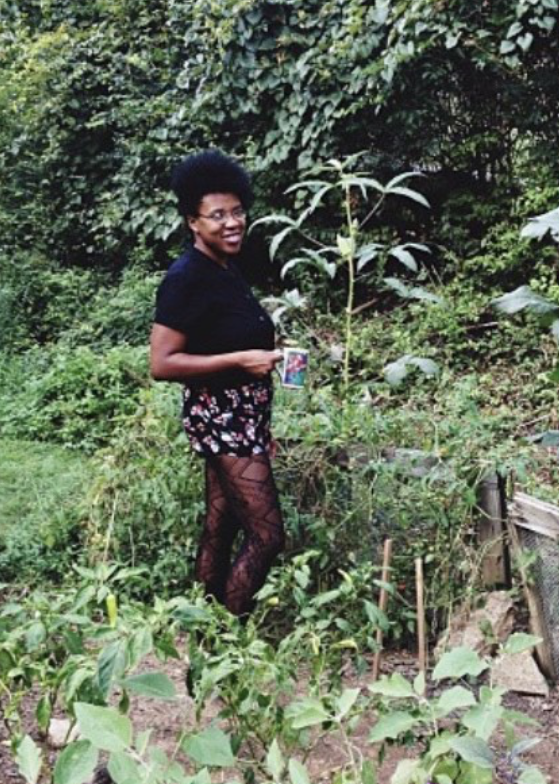
Rory Winters
Location: United Kingdom
Host Organization: The Detail
Rory, based in Belfast, is a journalist with The Detail, an investigative news site. Previously he worked with the Bureau of Investigative Journalism on their award-winning investigation into homeless deaths in the UK, as well as Belfast Live and the Sunday Business Post.
Rory used his Fellowship to investigate inadequate levels of social housing in Belfast, and the discriminatory policies and practises that have left the need for housing 26 times greater among people living in predominantly Catholic areas of the city than in historically Protestant areas.
In an interview with Rory for an article about religious disparities in housing provision, the Minister for Communities acknowledged that there are inequalities in social housing – the first time that a minister responsible for housing has made this acknowledgment since the 1998 Good Friday Agreement.
Rory worked closely with activist Fellow, Elfie Seymour, whose campaign, ‘Build Homes Now’, calls for publicly-owned sustainable housing. Rory amplified the campaign to a wider audience, and helped to hold politicians accountable to their pre-election promises on housing provision.
Article: ‘‘Bertha Challenge’ on housing and land rights in Belfast comes to a close’ (February 2021)
Article: ‘No commitment to social housing in ‘masterplan’ for west Belfast land’ (September 2020)
Article: ‘Racist intimidation in the Village in south Belfast “going on for years”’ (May 2020)
Article: ‘Homeless families “suffocated” in hostel during COVID-19 lockdown’ (April 2020)
Article and video: ‘Council plans for Mackie’s site in west Belfast criticised amid calls for social housing’ (April 2020)
Article: ‘Close to 100% of social housing need in north Belfast concentrated in predominantly Catholic neighbourhoods’ (February 2020)
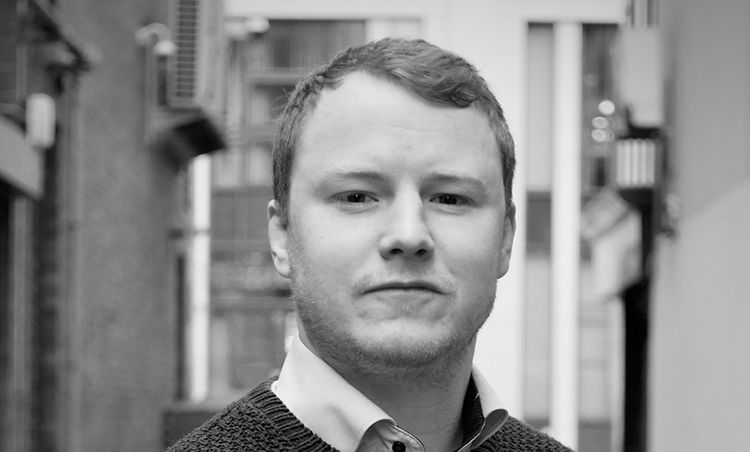


 Built with Shorthand
Built with Shorthand